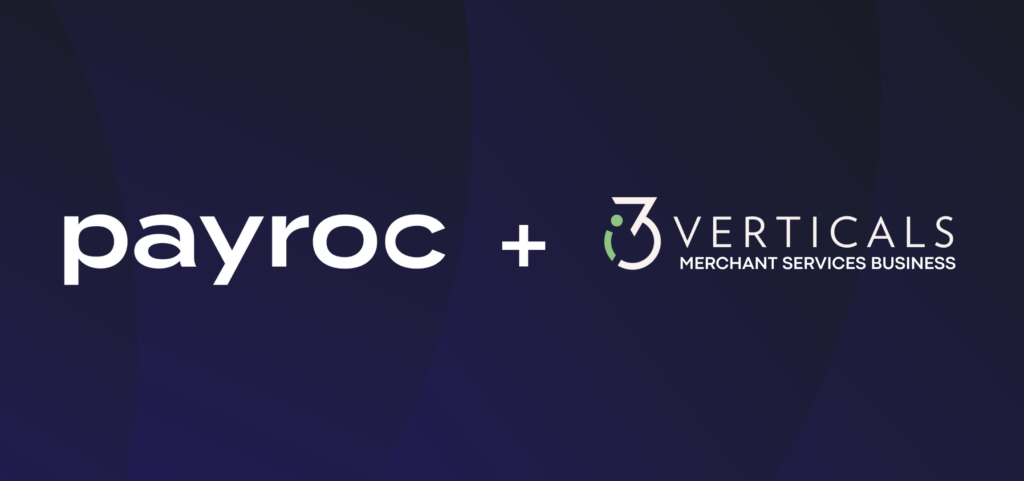Chargeback Types & Prevention Tips

Disputes with customers are no fun especially when it comes to chargebacks. Merchants should know the basics of the chargeback process, what typically causes them, and steps to prevent them from happening.
What is a Chargeback?
A chargeback is a payment dispute that occurs when a cardholder questions a transaction and asks their card-issuing bank to reverse the charge. The ability to dispute a payment is meant to protect consumers from unauthorized transactions, but it can mean big headaches for merchants, especially when the payment dispute is issued in error.
The disputed funds are then held from the business until the card issuer sorts things out and decides what to do. If a bank rules against a merchant, those funds are returned to the customer. If the bank rules in the merchant’s favor, they will send the disputed funds back to you. Unfortunately, this can be a complicated and time-consuming process involving a lot of paperwork and documentation.
That is why it is very important for merchants to understand the common cause of payment disputes and how to prevent them in the first place.
Chargeback Types & Prevention Tips
Shipping, Delivery, or Pricing Issues – If a cardholder never receives an ordered item or is overcharged for a product/service, they may file a dispute.
To prevent this type of dispute:
- Keep tracking numbers for every order ready and accessible.
- Use a delivery service that requires signature upon receipt of item.
- Make sure the listed prices are accurate and up to date.
Fraudulent Transactions – If a cardholder sees a charge from a merchant but never bought anything from that business, it usually means it is fraud. More times than not, this will prompt a customer to file a dispute.
To prevent this type of dispute:
- Use a secure POS device to accept chip cards and contactless payments.
- Require buyers with EMV (chip cards) to dip their cards rather than swipe them.
- Train employees in best practices for accepting payment cards.
- Email receipts to cardholders.
Credit Not Processed – In these cases, a cardholder returns an item in expectation of a refund or account credit and receives neither. The reason for that return may vary — maybe it’s buyer’s remorse or the user’s error when purchasing online.
To prevent this type of dispute:
- Have a reliable system in place for handling returns and credits.
- Clearly outline sales policies like returns, refunds, or cancellation terms on receipts and post them clearly in store (whether its online or physical.)
Not Satisfied with Product – In these cases, a cardholder disputes a purchase due to physical defects or an item not being as advertised.
How to prevent this type of dispute:
- Respond to customer service issues promptly and courteously.
- Set realistic expectations with cardholders who receive items that are not as described who have valid grounds for a payment reversal.
Unrecognizable Business Name – Sometimes legitimate purchases are mistaken as fraudulent. If a business name that a customer buys a product from (i.e. New Orleans Willow Candles) is different from the business name that shows up on a credit card statement (i.e. NO Willow LLC), that may trigger a dispute.
How to prevent this type of dispute:
- Avoid confusion by having clear, consistent branding on your receipts.
Failure to Cancel Subscription – Sometimes cardholders forget about subscriptions until they auto-renew and then they will issue a dispute to retroactively cancel payment.
How to prevent this type of dispute:
- Providing a visual cue, light a checkbox or signature, is one way to ensure that cardholders understand and agree to a recurring transaction agreement.
- Explain billing frequency, amount, refund, and cancellation policies with the recurring subscription.
- Notify cardholders prior to the charge, giving them time to cancel prior to the transaction.
Learn More About Chargebacks:
Contact us online or call 1-800-621-8931.
Subscribe to Card Talk
Our monthly newsletter delivers the latest payments news straight to your inbox


